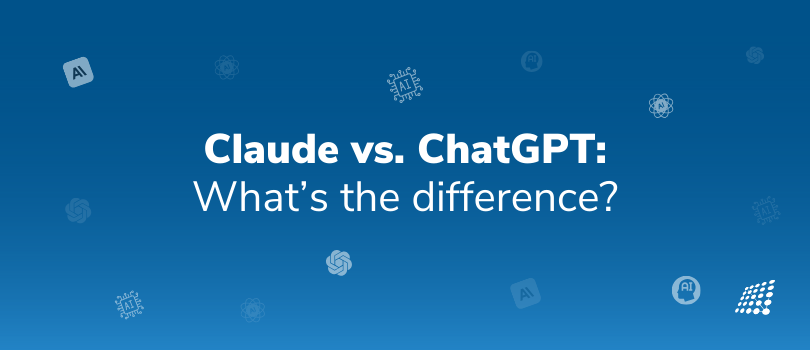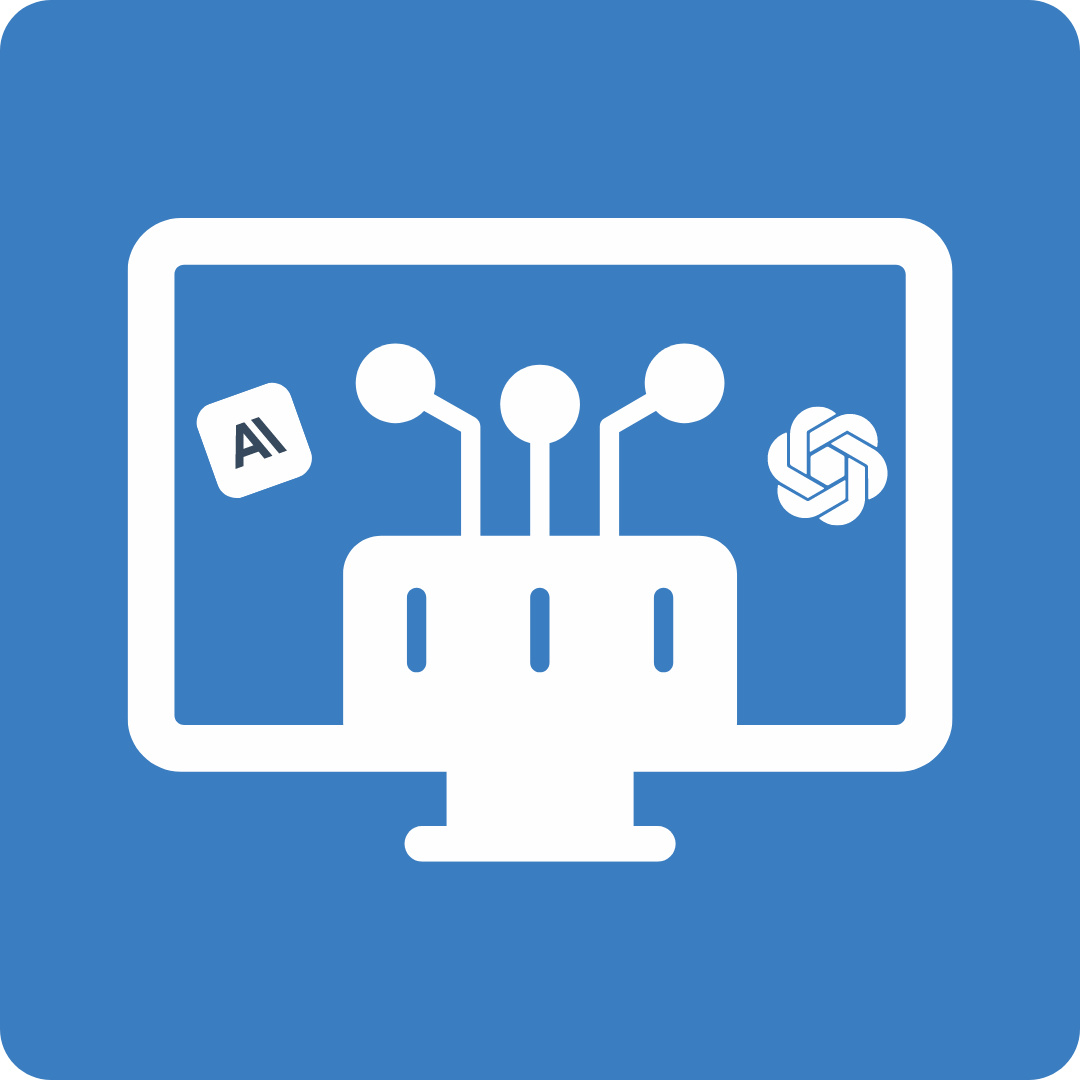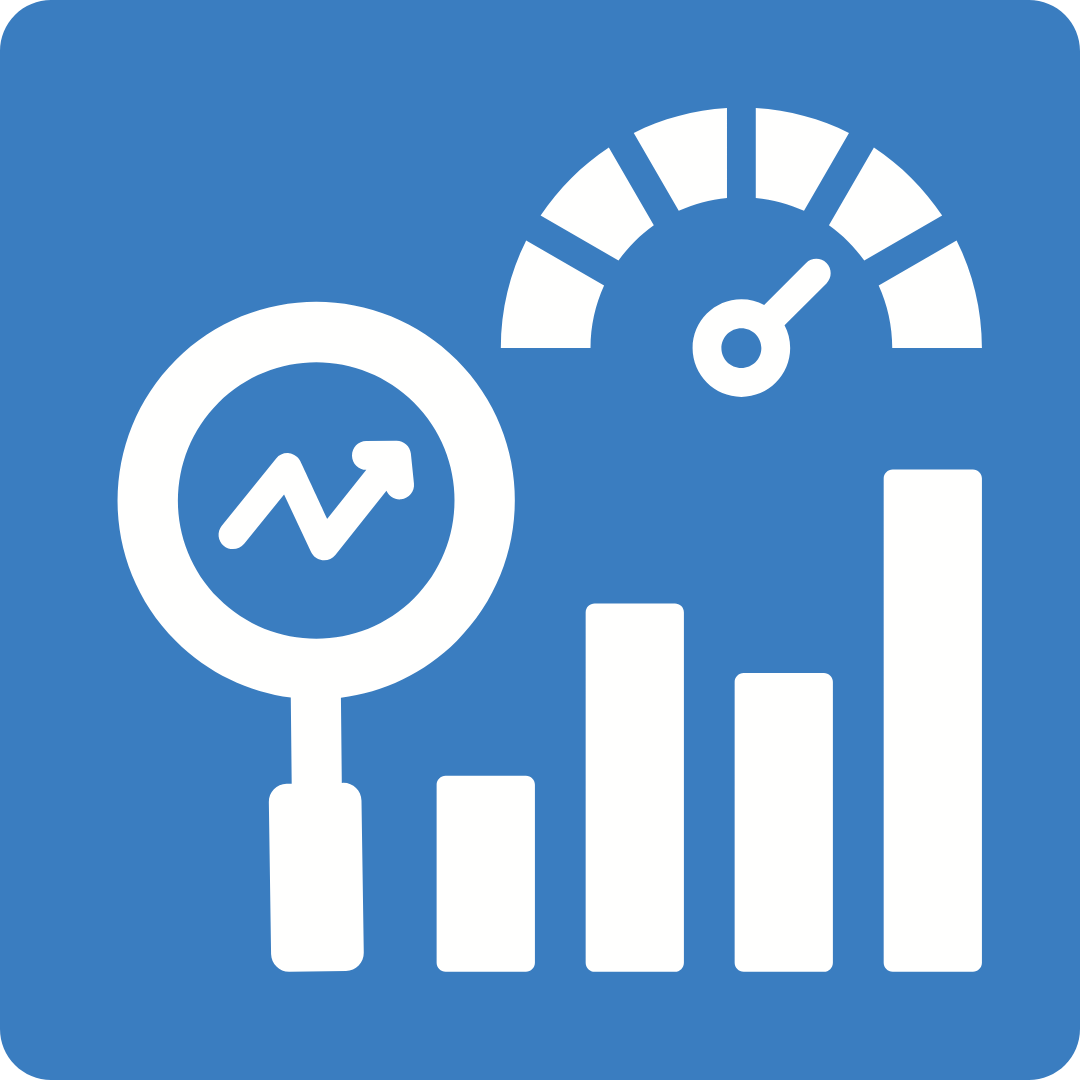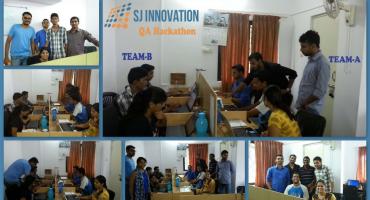Claude vs. ChatGPT: What’s the difference?

Struggling to write clear and concise documentation for your latest codebase? You're not alone. Many developers wrestle with translating technical jargon into easy-to-understand user instructions. This is where AI language models like Claude AI and ChatGPT come in. These powerful tools can generate human-quality text, potentially transforming how we document software. But with two major players, choosing the right one can be tricky. This blog will explore Claude vs. ChatGPT differences, helping you pick the right AI partner that is more suitable for your needs.
Claude vs. ChatGPT

A. Background and Release
Claude, developed by Anthropic with natural language processing at its core, entered the scene in March 2023. Designed with safety and interpretability in mind, it offered a unique approach. Just a few months earlier, in late 2022, OpenAI launched ChatGPT, which quickly gained recognition for its ability to generate human-like text formats. While both have seen continuous development, Anthropic’s Claude has focused on areas like AI code generation and accuracy, while ChatGPT expanded its features to include image generation and web access.
B. Core Strengths and Focus
Claude excels at technical tasks, prioritizing safety and factual accuracy. Imagine it as a reliable expert, perfect for understanding complex topics. ChatGPT, on the other hand, is a creative all-rounder. It can handle various tasks like writing different content styles and even generating basic images.
Context Window
- Claude:
Larger context window, allowing for a richer understanding of context in conversations. - ChatGPT:
Limited context window, which may struggle with maintaining context in longer topics.
Internet Access
- Claude:
No internet access; relies solely on pre-trained data. - ChatGPT:
Yes, has internet access and can process real-time information.
C. Evolution and Innovation
Both AWAs are constantly evolving, with each striving to be the best AI for generating technical documentation. When using Claude AI for software documentation, remember that Claude boasts iterations like Claude 3 (Opus, Sonnet, Haiku) known to surpass some of the latest ChatGPT models in capabilities. Meanwhile, OpenAI launched GPT-4, a powerful large language model that further pushes the boundaries of AI. Expect ongoing innovation in areas like code generation, factual accuracy, and even image creation.
Release Date
- Claude: March 2023
- ChatGPT: November 2022
Unique Strengths
- Claude: Technical Expertise, Long-Form Content, Accuracy
- ChatGPT: Versatility, Creativity, Accessibility
Context Window
- Claude: Larger, handles complex topics better
- ChatGPT: Limited, may struggle with longer formats
Internet Access
- Claude: No, relies on trained data
- ChatGPT: Yes, can access and process real-time information
API Pricing
- Claude: Potentially more affordable
- ChatGPT: Paid plans with varying functionalities
Summary
- Claude: Reliable expert for technical tasks and accuracy
- ChatGPT: Creative all-rounder for various writing needs
Aspect Comparison
Model Name
- Claude: Claude (Anthropic)
- ChatGPT: GPT-4 (OpenAI)
Input Modes
- Claude: Text
- ChatGPT: Text, Image (through DALL-E integration)
Performance
- Claude: Focuses on safety and interpretability
- ChatGPT: Focuses on human-level performance on benchmarks
Benchmark Score Example
- Claude: Reportedly outperforms GPT-4 on GPQA
- ChatGPT: Top 10% on simulated bar exam (example)
Limitations
- Claude: Limited availability of advanced features
- ChatGPT: Potential factual accuracy issues, security concerns due to internet access, may not reflect all real-world scenarios
Choosing the Right Tool for Your Needs
Now that you understand the core differences, let's help you choose the right tool. Here's a simple decision-making framework:
- Technical tasks and accuracy: Claude is your champion, offering deep technical understanding and reliable information.
- Creative writing and general use: ChatGPT shines here, with its versatility and ability to generate different creative text formats.
- Budget: Claude might be a more affordable option, especially with its potentially cheaper API access.
Limitations
Claude:
- Limited Availability: While Claude offers a free tier, its more powerful versions are not as readily available as ChatGPT.
- Focus on Technical Applications: Claude might not be the best choice for casual conversation or highly creative writing tasks.
ChatGPT:
- Factual Accuracy: ChatGPT, while informative, can sometimes struggle with factual accuracy, especially when dealing with complex topics.
- Security Concerns: ChatGPT's access to external information raises security concerns, as it may be vulnerable to manipulation or misinformation.
Performance and Benchmarking

Claude:
- GPQA Benchmark: Claude has reportedly achieved a score of 95.0% on the Generative Pre-trained Transformer Question Answering (GPQA) test, outperforming GPT-4's 92.0%.
- Industry Perception: Claude is gaining traction in the data science and research communities for its technical capabilities and focus on ethical considerations.
ChatGPT:
- Limited Benchmark Data: Publicly available benchmark results for ChatGPT are scarcer compared to Claude.
- Industry Perception: ChatGPT remains popular for its versatility and user-friendliness, though concerns exist around potential biases and factual accuracy.
AI Ethical Considerations
Both models raise concerns about potential bias inherited from their training data.
Claude's "Constitutional Curation" attempts to mitigate bias, while ChatGPT is undergoing ongoing development to address these issues.
Future Outlook
Both Claude and ChatGPT are expected to undergo significant advancements in the coming years.
We can expect improvements in factual accuracy, bias mitigation, and the ability to integrate with real-world data sources. The development of new features like advanced reasoning and problem-solving capabilities is also anticipated.
Get in touch with our experts to get a better understanding of Claude vs ChatGPT and how you can utilize Large language models (LLMs) to its advantage.

Software Development Agency Tips: Boost Revenue with New Platforms

Xcode 9 Custom Templates


